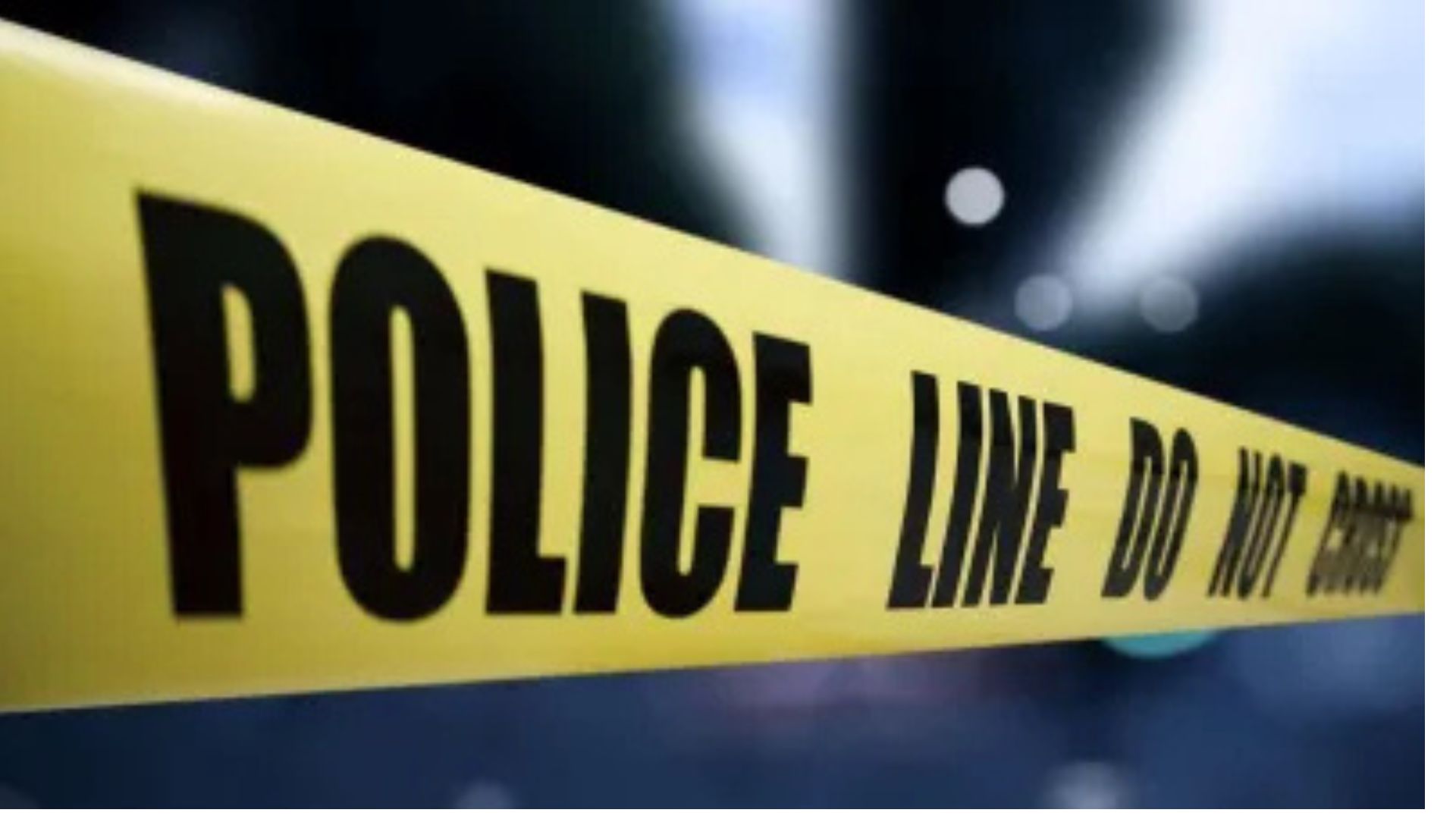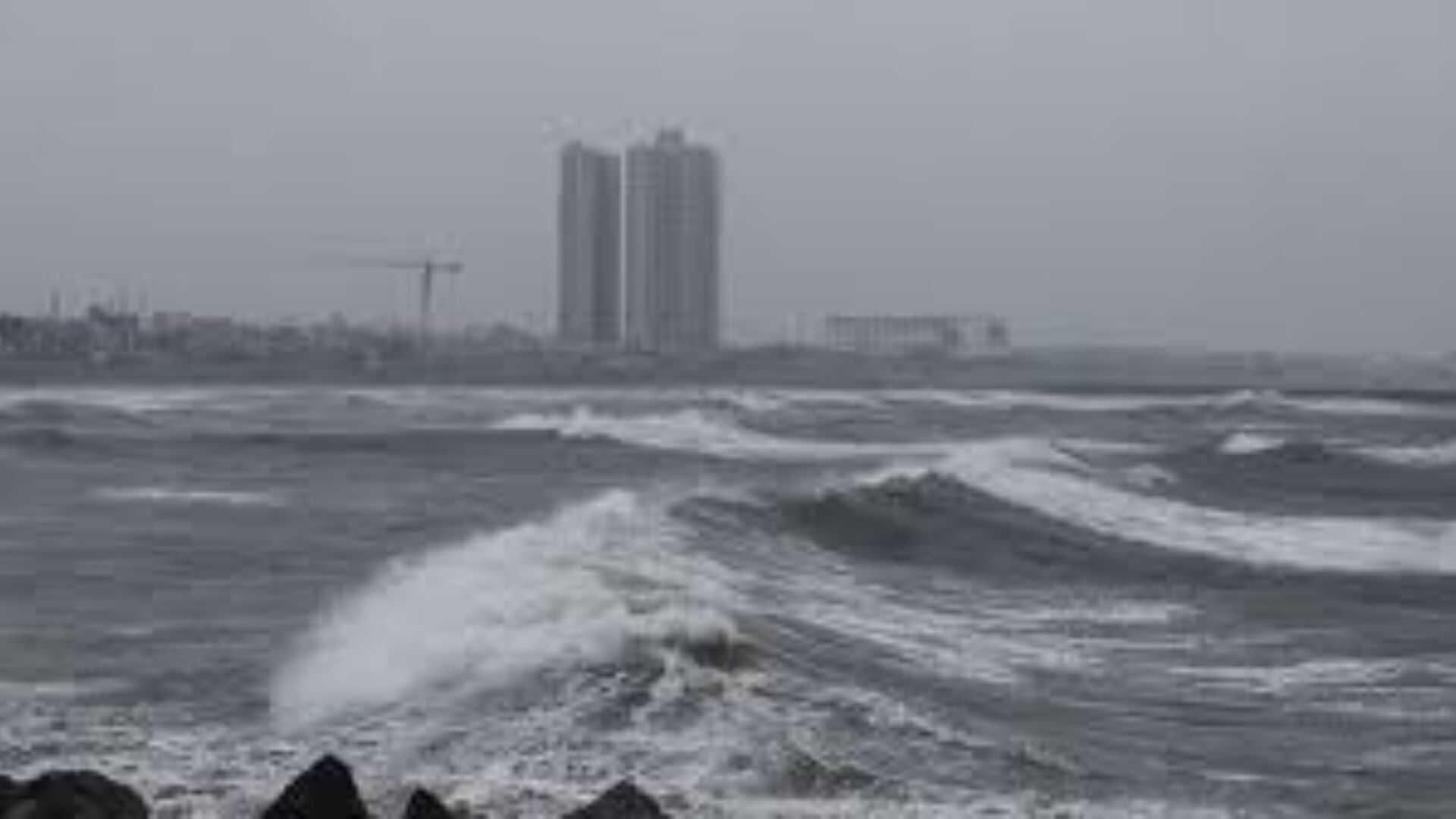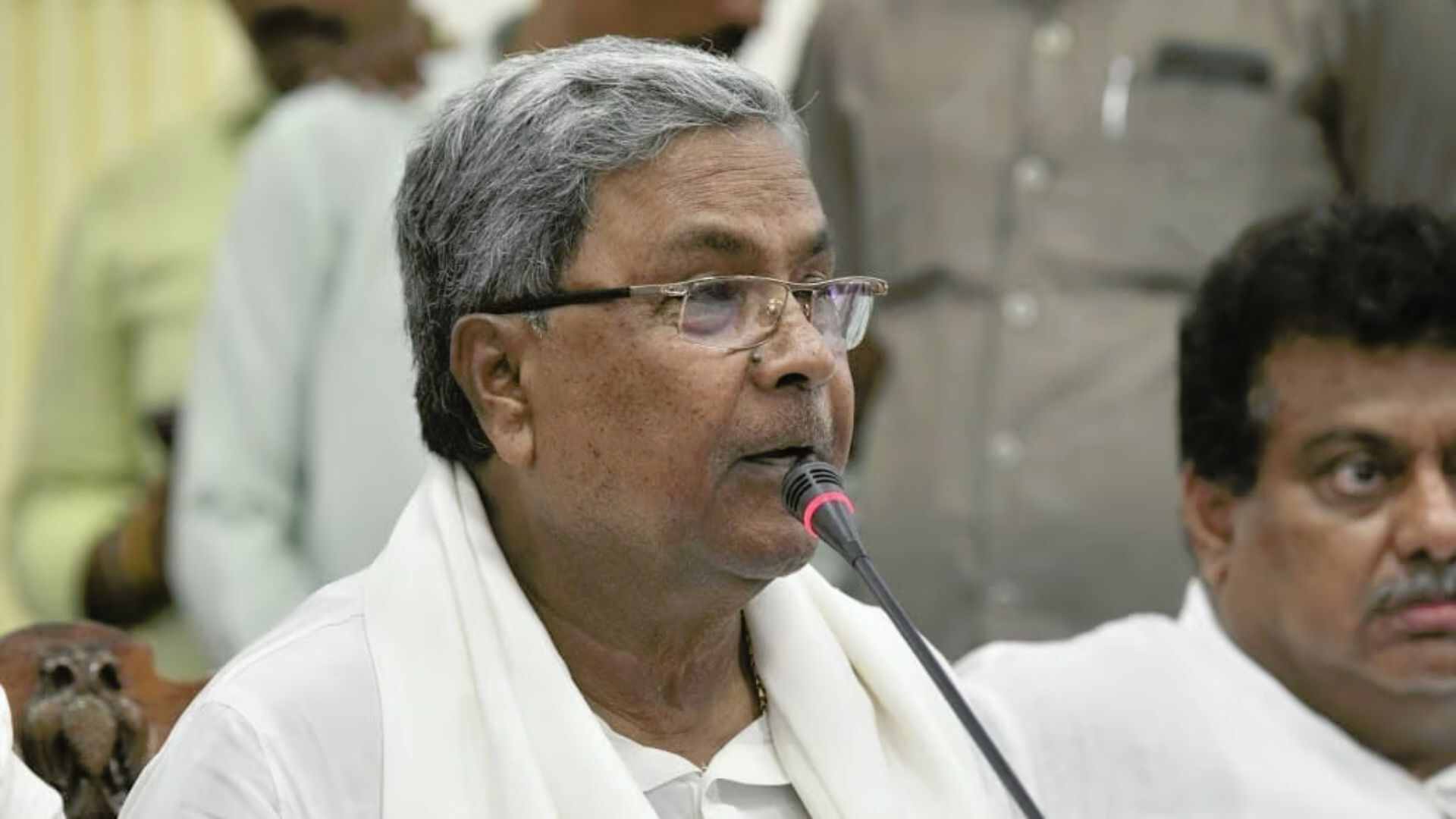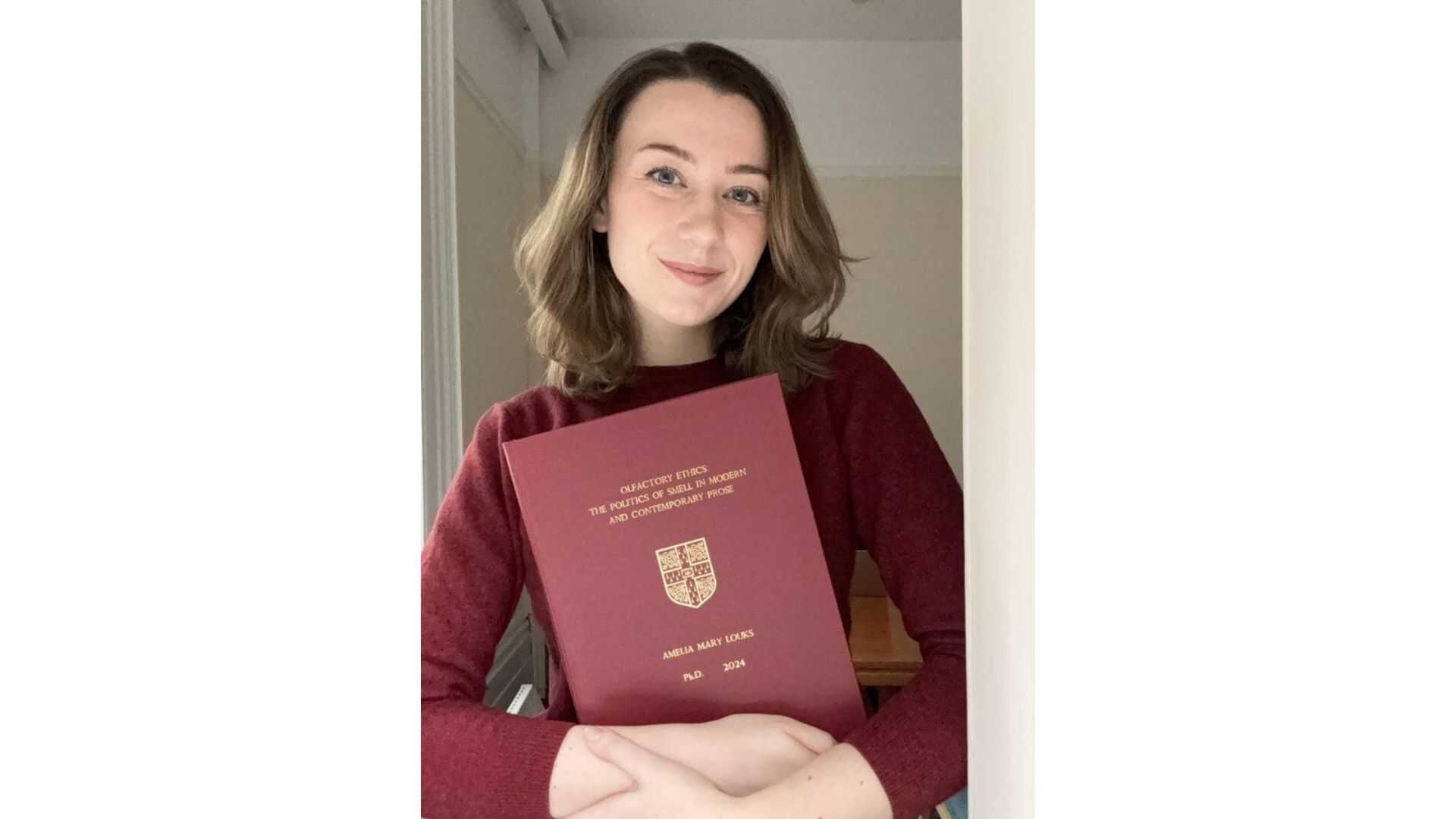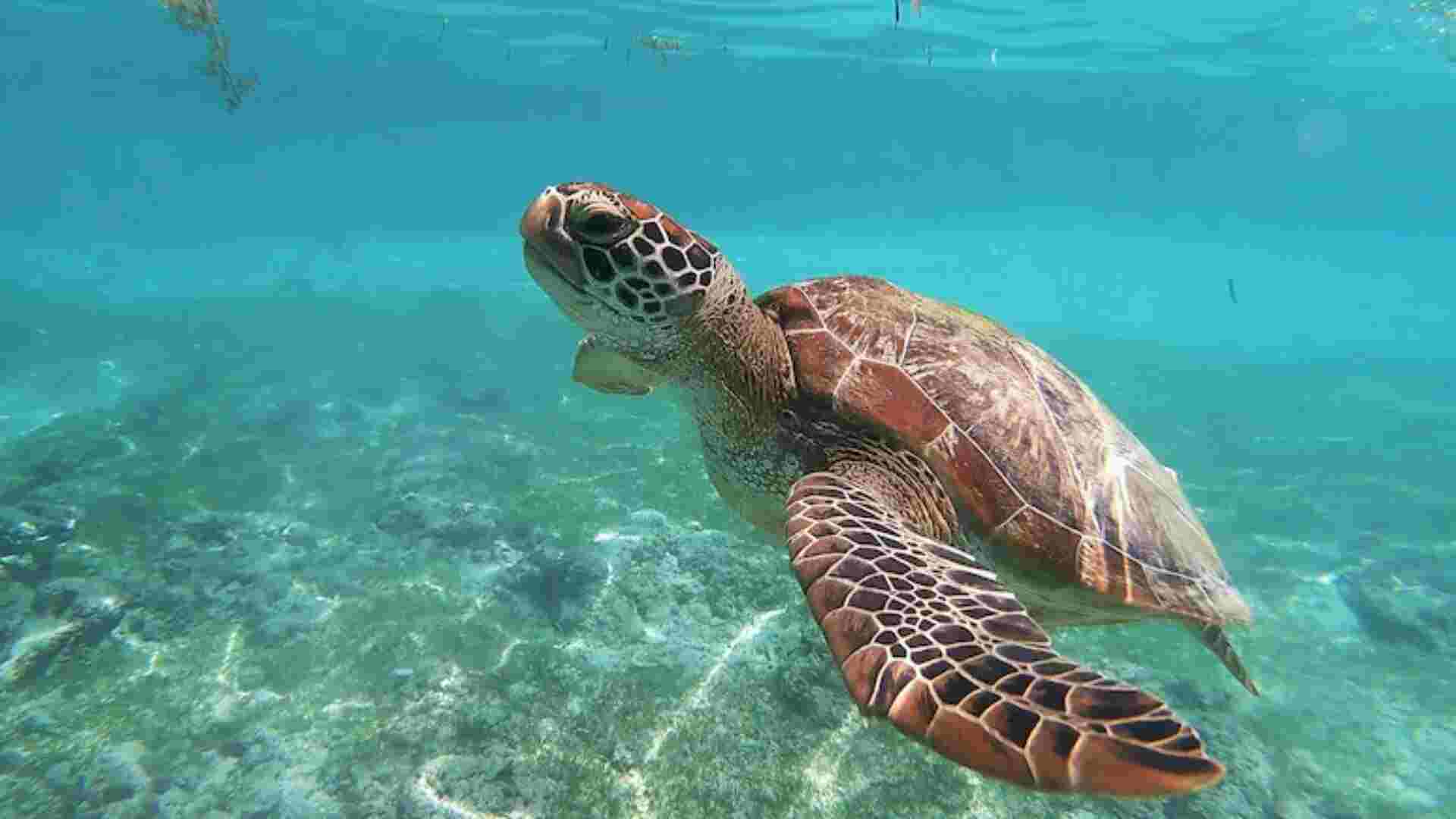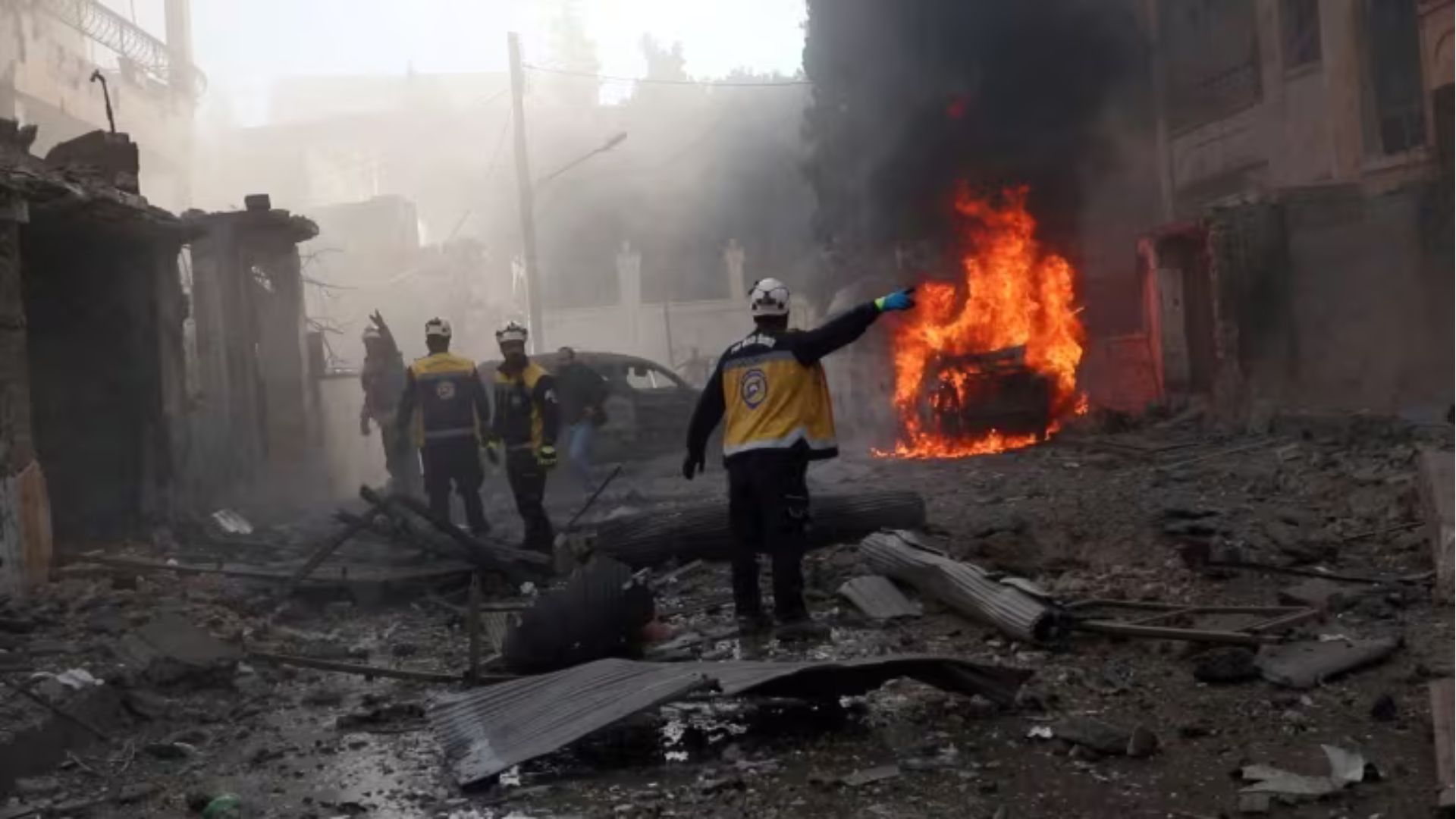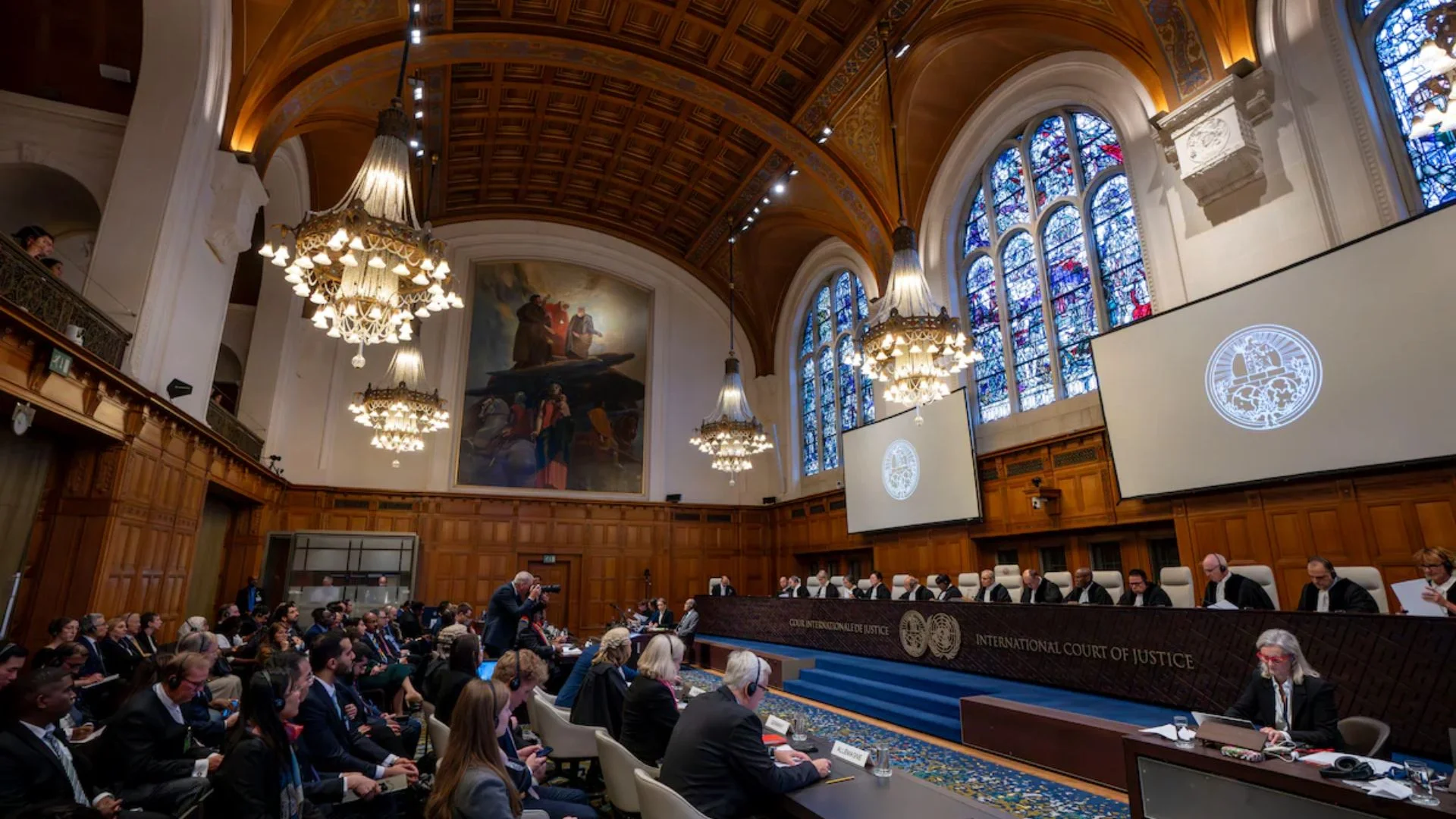
Representatives from vulnerable nations have called for legal accountability for the climate crisis, addressing the International Court of Justice (ICJ) in The Hague this week. During the landmark hearing, Ralph Regenvanu, Vanuatu’s special envoy for climate change and environment, emphasized that a small group of nations, responsible for the majority of global emissions, must bear the responsibility for the ongoing environmental devastation. Pacific island nations, including Vanuatu, are already grappling with rising sea levels and severe climate disasters, and Regenvanu stressed that they are “on the frontlines of a crisis we did not create.”
The hearing follows years of advocacy led by Vanuatu and Pacific island law students. In March 2023, the UN General Assembly unanimously called on the ICJ to clarify states’ legal obligations regarding climate change and the consequences of inaction. Over the course of two weeks, the court will hear from 98 nations, including major historical emitters like the UK and Russia, as well as those least responsible but most affected, such as Bangladesh and Sudan.
Legal counsel for the Melanesian Spearhead Group, which includes Vanuatu, argued that the climate crisis directly threatens self-determination, linking it to the injustices of colonialism. The group also highlighted that some states have violated international law by supporting fossil fuel extraction and failing to curb emissions. Margaretha Wewerinke-Singh, lead counsel for Vanuatu, called for reparations proportionate to the historic harm caused by these states.
The ICJ’s advisory opinion could set a significant precedent for future climate litigation, though its recommendations will not be legally binding.

